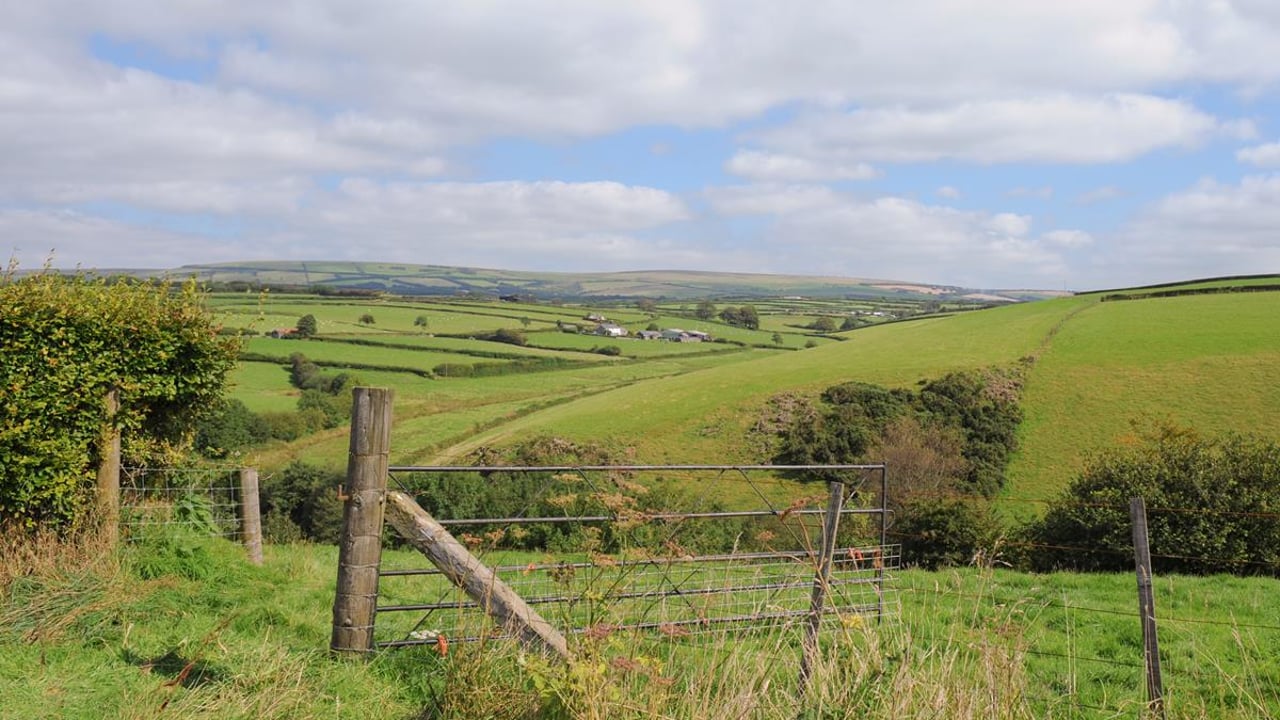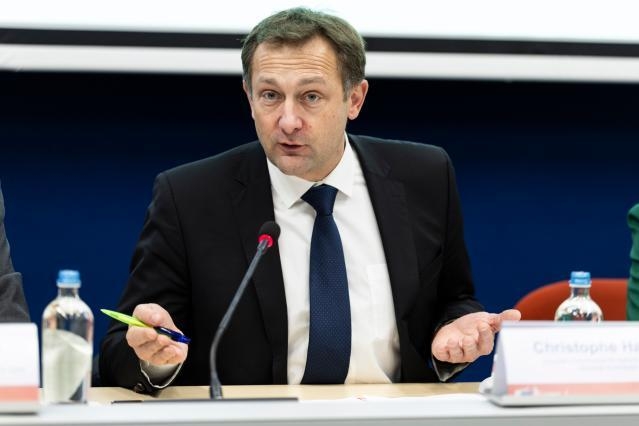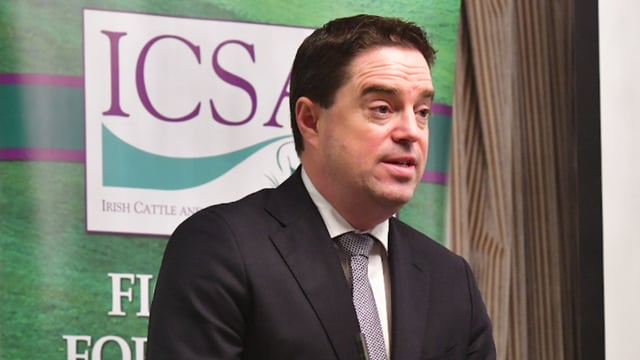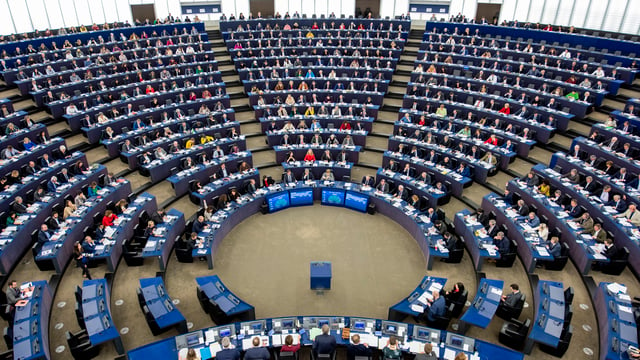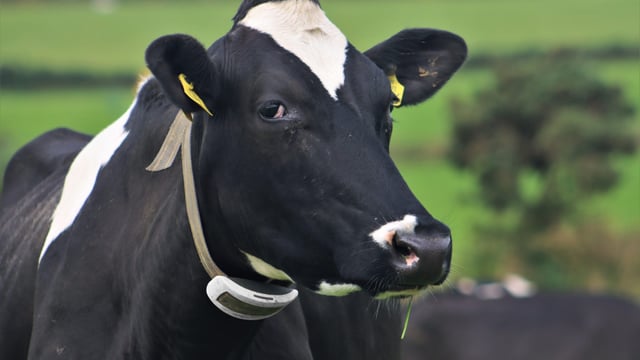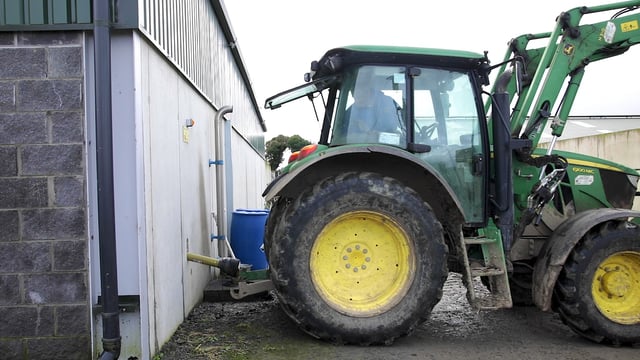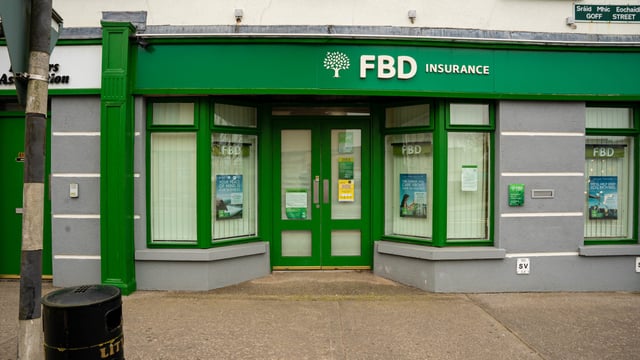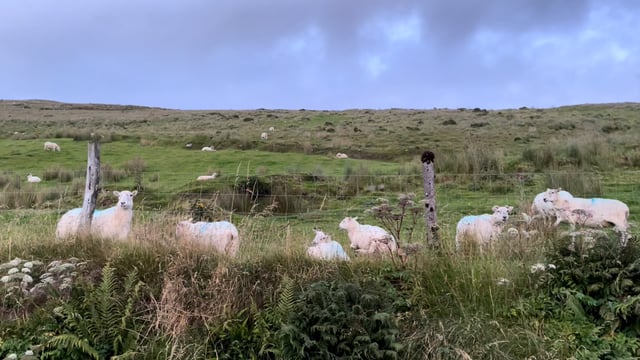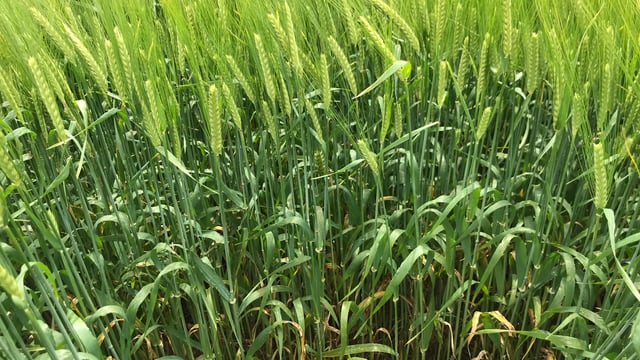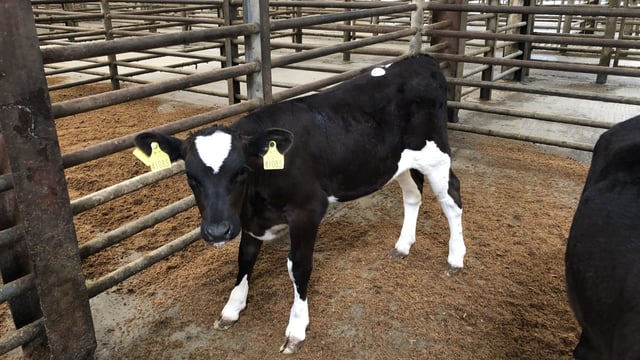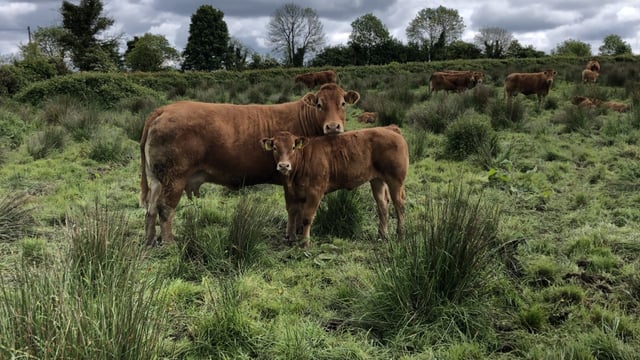EU Commission to outline measures to simplify CAP
The European Commission is expected to commit to making the next Common Agricultural Policy (CAP) "simpler and more targeted" next week.
EU Commissioner for Agriculture and Food Christophe Hansen is due to present the finalised version of the 'Vision for Agriculture and Food' next Wednesday (February 19).
This communication will set out a vision for Europe's agri-food sector up to 2040 and beyond.
The document forms part of the EU Commission's response to farmer protests across Europe on a range of issues, including prices and the levels of bureaucracy they face.
It follows the final report of the Strategic Dialogue on the Future of EU Agriculture, published in September, which assessed the challenges and opportunities in the sector and presented a set of recommendations.
CAP
According to a draft version of next week's document, the EU Commission will commit to "a new way of working" on food and agriculture which is focused on "building trust and dialogue across the entire value chain".
To address the perceived lack of fairness in CAP, the commission is due to say that future supports will be more directed towards farmers that "actively contribute to food security, the economic vitality of farms and the preservation of the environment".
When it comes to small and medium-sized farmers, the commission will say that conditions should enable them to farm "without administrative over-burden".
As a result, it is expected that the commission document will consider "simplified income support tools with a streamlined system of controls and conditions".
Those supports would be directed to the farmers that need it most, such as those within areas of natural constraints, young and new farmers and mixed farms.
The commission is expected to consider enhanced use of measures such as convergence and limits on CAP payments while taking into account the different realities of member states.
The future CAP post-2027 is due to rely on "basic policy objectives" and "targeted policy requirements", along with giving further responsibility to member states on how these objectives are met.
The commission is due to commit to moving the next CAP away from conditions to incentives.
The current system of conditionality is expected to be simplified and farmers will be given "further agency in designing farming practices that are more tailored to their farms".
The commission is due to point to the positive response of farmers to the introduction of one-year commitments under eco-schemes.
The next CAP will also provide more targeted measures and investments to make the agriculture sector more resilient to climate change.
The draft states that technological advances in feeding strategies will be crucial to reducing emissions.
The commission will say that special attention needs to be paid to improving the management of nutrients at farm level and that priority should be given to address "nutrient pollution hotspots".
The commission is planning a Water Resilience Strategy covering the need for more efficient water use, reducing pollution and addressing over-abstraction of water resources.
Generational renewal
The draft commission document notes that farming and food are "strategic sectors" and "European food security and food sovereignty are non-negotiable".
The European agri-food sector generated added value of over €800 billion in 2023 and employed almost 30 million people (15% of total EU employment).
However, farm incomes remain "significantly lower" than the average in the rest of the economy.
Therefore, the commission will say it is essential for the EU to recognise the vital role of farmers, reignite competitiveness and reinforce the attractiveness of the profession.
The draft outlines how the agri-food sector is facing "challenging structural transformations, including an aging farming population". Just 12% of EU farmers are under the age of 40.
The commission is to lead a generational renewal strategy to be delivered this year, in cooperation with member states and the EU Parliament.
The document also states that member states have the potential to use their "national toolbox" to facilitate generational renewal, such as retirement schemes and tax incentives.
Competition
The commission is expected to say that farmers must "get a better revenue from the market" and that "practices where farmers are systematically forced to sell below costs will not be tolerated".
Among the initiatives due to be proposed by the commission will be a revision of the Unfair Trading Practices (UTP) directive.
A commitment will also be given to strengthen the competitiveness and resilience of sensitive sectors, such as livestock.
This is expected to include a simplification package that will contribute to the competitiveness of European farmers, an extension to country-of-origin labelling and stronger promotion.
The commission is expected to say that sustainable livestock production is "crucial for the EU economy, viability of rural area and the preservation of rural landscapes".
However, the draft acknowledges that EU livestock farmers "compete on an uneven level playing field" as EU standards are not mirrored globally.
It notes that a long-term vision is needed for the EU livestock sector and that a "one size fits all approach" will not work.
On animal welfare, the commission will ensure that future legislative proposals apply the same standards for products produced in the EU and those imported from third countries i.e., countries outside the EU.
The commission is currently drawing up revised proposals on the existing EU animal welfare legislation, which includes a commitment to "phase out cages and other closed confinement systems".
It will also move on providing better information to consumers on animal welfare and origin labelling.
The draft also states that the commission will ensure that the "most hazardous pesticides" banned in the EU for health and environmental reasons are not allowed back into the bloc through imported products

